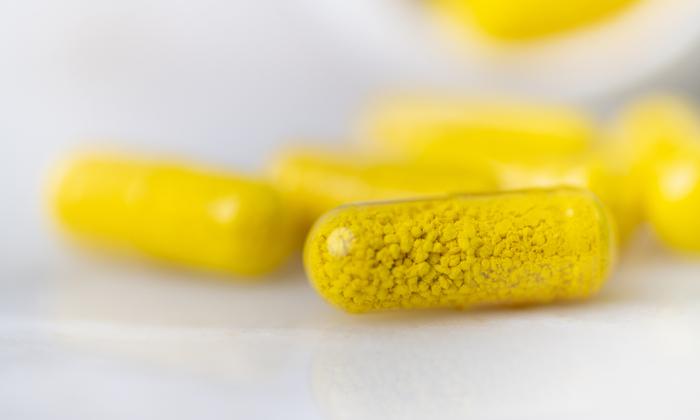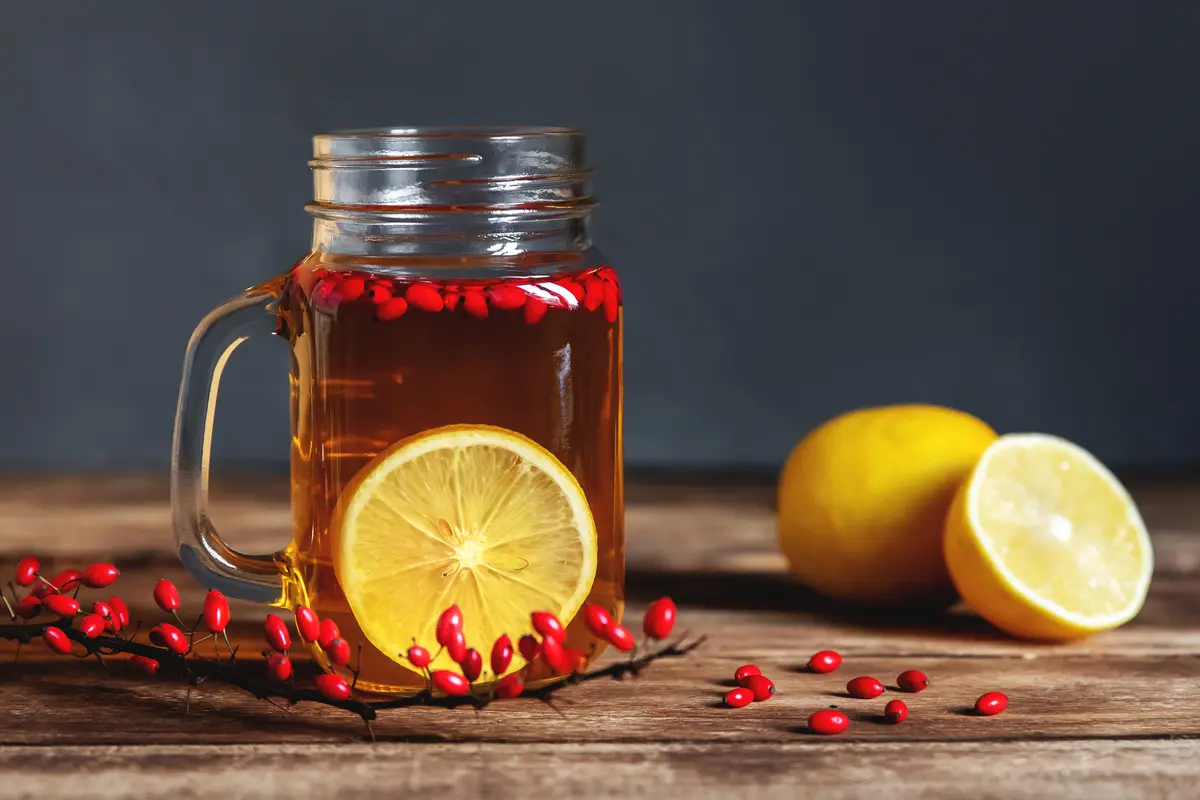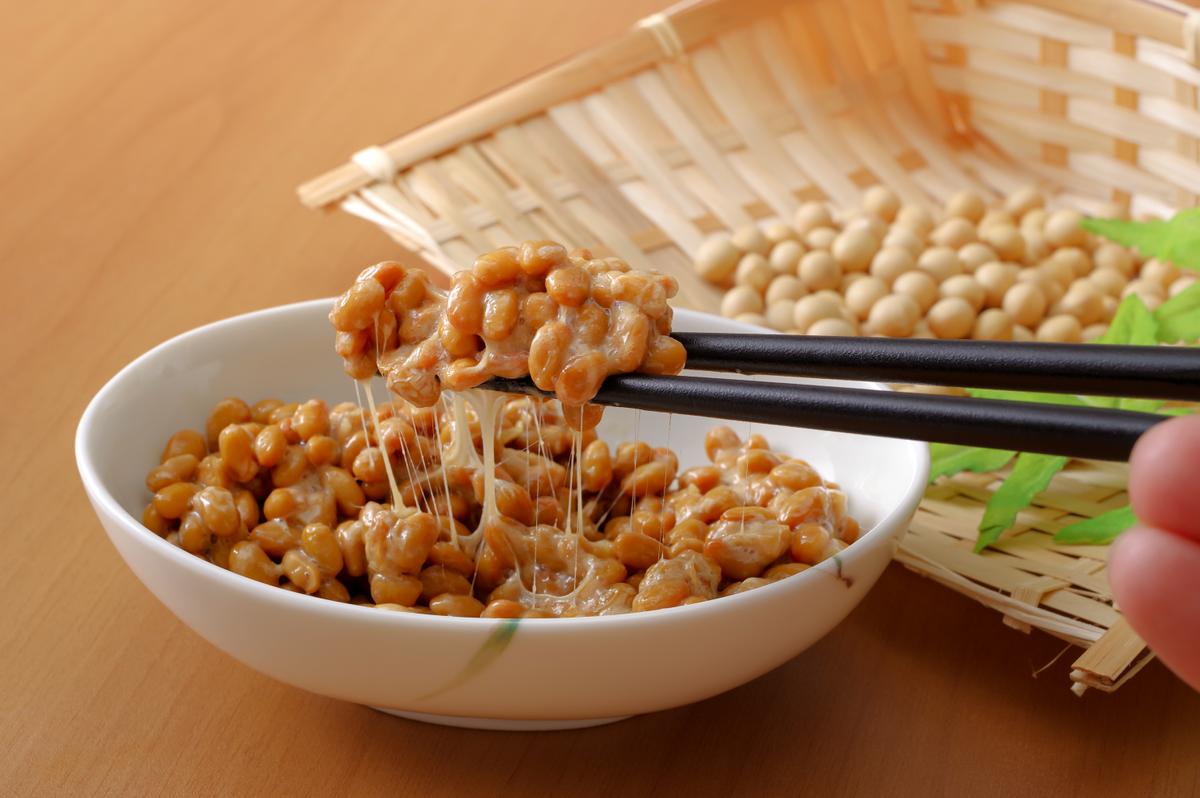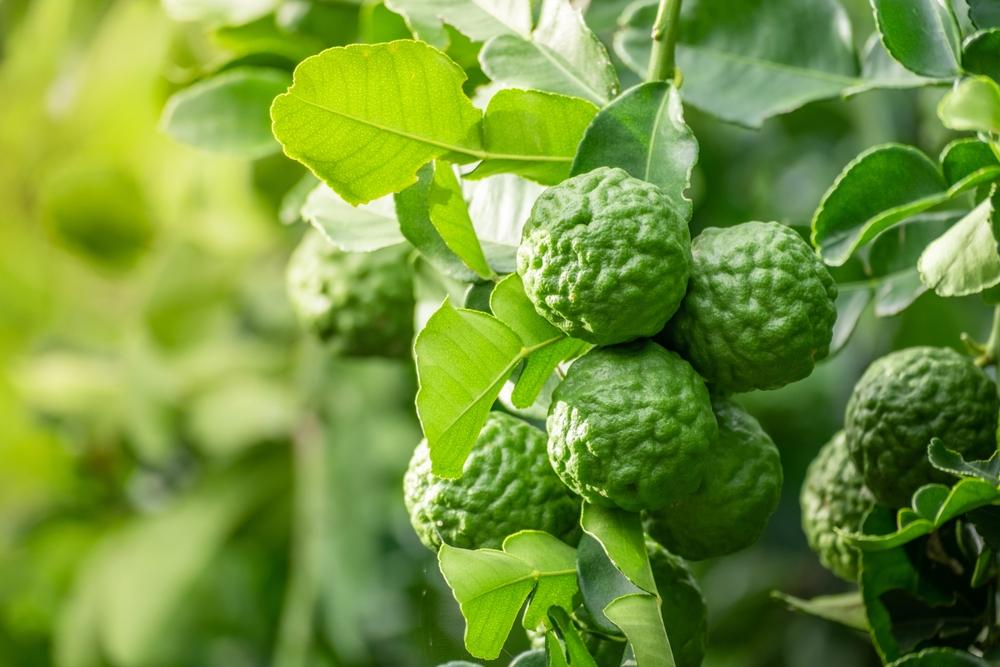Explore the potential of natural supplements as alternatives or complements to statins for heart health.
 |
| Berberine Supplement Capsules. (Anna Hoychuk/Shutterstock) |
Statins have been the go-to treatment for preventing heart disease, the leading cause of death worldwide, for decades. But they may not be the cure-all they’ve been made out to be.
These cholesterol-lowering drugs fail to address one of what experts say is the actual root causes of cardiovascular issues: inflammation from oxidized blood lipids.
Mounting research indicates natural supplements like berberine, nattokinase, and bergamot may succeed where statins fall short.
Understanding the Root of the Problem
Oxidized blood lipids refer to fats in the bloodstream that have undergone oxidation, a process in which molecules lose electrons. Low-density lipoprotein (LDL) cholesterol, commonly known as “bad” cholesterol, can become oxidized due to various factors, including smoking, high blood pressure, diabetes, and high levels of other reactive substances in the body.
When LDL cholesterol is oxidized, it can contribute to plaque formation in the arteries. This plaque can narrow the arteries and restrict blood flow, leading to atherosclerosis, which is the thickening or hardening of the arteries and can increase the risk of heart disease and stroke.
What Can Fix It?
While nutraceuticals—products obtained from foods with beneficial health effects—may help lower biomarkers for heart disease, they don’t address the root lifestyle causes that lead to cardiovascular issues in the first place.
True reversal of heart disease requires more comprehensive changes, Dr. Jack Wolfson, a board-certified cardiologist, told The Epoch Times. Eating a wholesome diet and avoiding inflammatory foods is essential, he added.
Regular exercise, adequate sleep, sun exposure, and minimizing environmental toxins also contribute to optimal heart health in the long term.
“Eat well, live well, think well” is Dr. Wolfson’s mantra.
The Chinese Super Berry: Berberine
Berberine, a compound found in Chinese goldthread and barberry plants, has been used in traditional Chinese medicine (TCM) for thousands of years. It boasts health benefits ranging from improved cognitive function and immune system by reducing inflammation to controlled blood glucose levels.
“There’s a lot of quality data on berberine and a good safety profile,” Dr. Wolfson said.
 |
| Berberine is a compound that can be found in barberry plants. (amtiko/Shutterstock) |
Cardio Benefits
A recent meta-analysis of 44 studies found berberine improved blood lipids, inflammation, and atherosclerosis with minimal risks. It also outperformed statins in reducing factors like stroke risk and artery plaque buildup.
Anti-Diabetic Benefits
One-third of people with Type 2 diabetes also have cardiovascular disease, according to a review published in Cardiovascular Diabetology. The two metabolic diseases are often interconnected. People with diabetes have a doubled risk of developing heart disease or experiencing a stroke in comparison to those without diabetes.
Emerging research also highlights berberine’s anti-diabetic potential. Studies show it may lower blood glucose, triglycerides, and insulin. One 2009 paper called it the “ideal medicine” for treating Type 2 diabetes, while a 2023 report found that berberine outperformed metformin, a drug that lowers blood glucose levels, in treating obesity and controlling blood lipids.
“If someone needs both lipids and glucose lowered, berberine is my first go-to,” Angela Sadlon, a licensed naturopathic physician, told The Epoch Times. But high doses may cause cramping or loose stools, she noted, adding that working with a holistic doctor can prevent side effects.
The Japanese Superfood: Natto
Natto is a traditional fermented soybean dish widely consumed throughout Japan for thousands of years. Nattokinase, an enzyme from the fermented soy food natto, has been researched for its potential cardiovascular benefits.
“Nattokinase is an enzyme that breaks down unwanted blood clots in the blood circulation,” Gitte Jensen, research director at NIS Labs, a contract research laboratory, told The Epoch Times. Nattokinase can break down problematic blood clots by “digesting” fibrin, a protein that plays a central role in blood clotting.
“Fibrin is a molecule that is only wanted when we have a wound and we need to repair the wound,” Ms. Jensen said. However, when the body is inflamed, clumps of fibrin can form, contributing to atherosclerosis, she added.
 |
| Natto is a traditional fermented soybean dish widely consumed throughout Japan for thousands of years. (beauty-box/Shutterstock) |
Studies since the 1980s have explored whether nattokinase supplements could help prevent cardiovascular events and strokes.
While some studies found nattokinase did not provide meaningful cardiovascular protection, more recent research found higher-dose nattokinase improved biomarkers in people with atherosclerosis and high blood lipids.
One 2022 study published in Frontiers in Cardiovascular Medicine found that supplementing nattokinase for a year effectively managed atherosclerosis and high lipid levels. Another study showed nattokinase reduced plaque buildup by 36.6 percent compared to 11.5 percent for statins.
Nattokinase prevents plaque buildup, a leading cause of heart attacks and strokes, according to Dr. David Brownstein, a board-certified family physician. Statins are often ineffective for this, he added.
A Mediterranean Moment: Bergamot
Grown mainly along the coast of Italy, bergamot is a lime-like citrus fruit that Italians have prized for centuries. Its medicinal use as an anti-infectious agent dates back to at least 1688. This century, bergamot has shown promise for managing blood lipids and promoting heart health.
Researchers attribute these potential heart-protective effects to bergamot’s anti-inflammatory properties.
 |
| Bergamot is a lime-like citrus fruit that Italians have prized for centuries. (ISEN STOCKER/Shutterstock) |
One study on 80 people with high cholesterol found that six months of bergamot supplementation significantly lowered levels of small, dense LDL particles—the type most prone to oxidation.
Bergamot can effectively reduce triglycerides and total LDL cholesterol, a 2019 systematic review published in Food Science and Nutrition concluded. However, the authors noted that research on bergamot is still limited, and more studies are needed to determine its efficacy and optimal dosing fully.
Important Notice: This article was also published at www.theepochtimes.com by Vance Voetberg where all credits are due.
Disclaimer
The watching, interacting, and participation of any kind with anything on this page does not constitute or initiate a doctor-patient relationship with Veripeudic.com. None of the statements here have been evaluated by the Food and Drug Administration (FDA). The products of Veripeudic.com are not intended to diagnose, treat, cure, or prevent any disease. The information being provided should only be considered for education and entertainment purposes only. If you feel that anything you see or hear may be of value to you on this page or on any other medium of any kind associated with, showing, or quoting anything relating to Veripeudic.com in any way at any time, you are encouraged to and agree to consult with a licensed healthcare professional in your area to discuss it. If you feel that you’re having a healthcare emergency, seek medical attention immediately. The views expressed here are simply either the views and opinions of Veripeudic.com or others appearing and are protected under the first amendment.
Veripeudic.com promotes evidence-based natural approaches to health, which means integrating her individual scientific and clinical expertise with the best available external clinical evidence from systematic research. By individual clinical expertise, I refer to the proficiency and judgment that individual clinicians acquire through clinical experience and clinical practice.
Veripeudic.com does not make any representation or warranties with respect to the accuracy, applicability, fitness, or completeness of any multimedia content provided. Veripeudic.com does not warrant the performance, effectiveness, or applicability of any sites listed, linked, or referenced to, in, or by any multimedia content.
To be clear, the multimedia content is not intended to be a substitute for professional medical advice, diagnosis, or treatment. Always seek the advice of your physician or other qualified health providers with any questions you may have regarding a medical condition. Never disregard professional medical advice or delay in seeking it because of something you have read or seen in any website, video, image, or media of any kind. Veripeudic.com hereby disclaims any and all liability to any party for any direct, indirect, implied, punitive, special, incidental, or other consequential damages arising directly or indirectly from any use of the content, which is provided as is, and without warranties.

